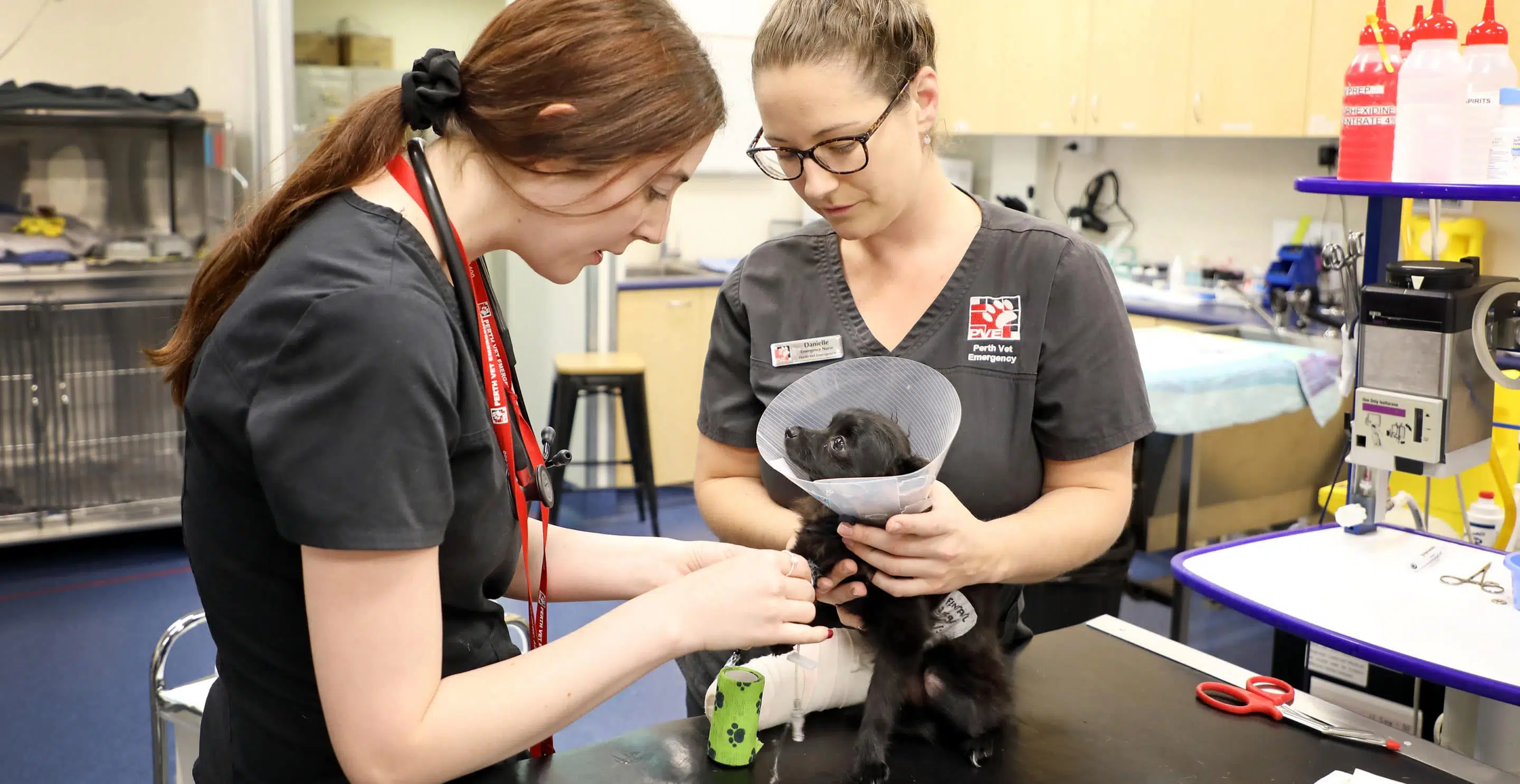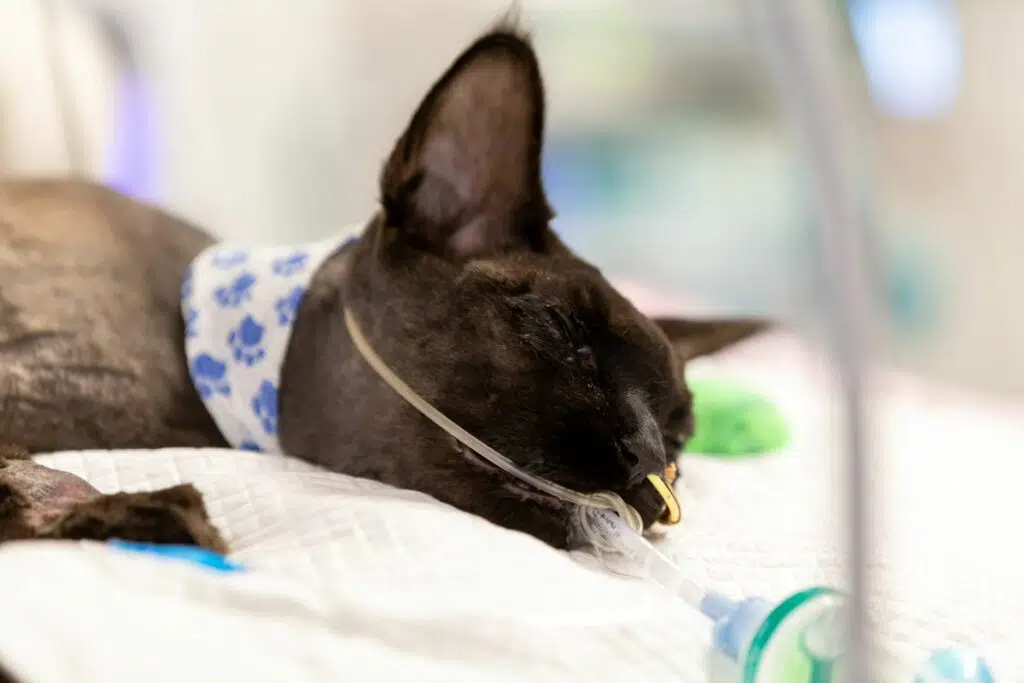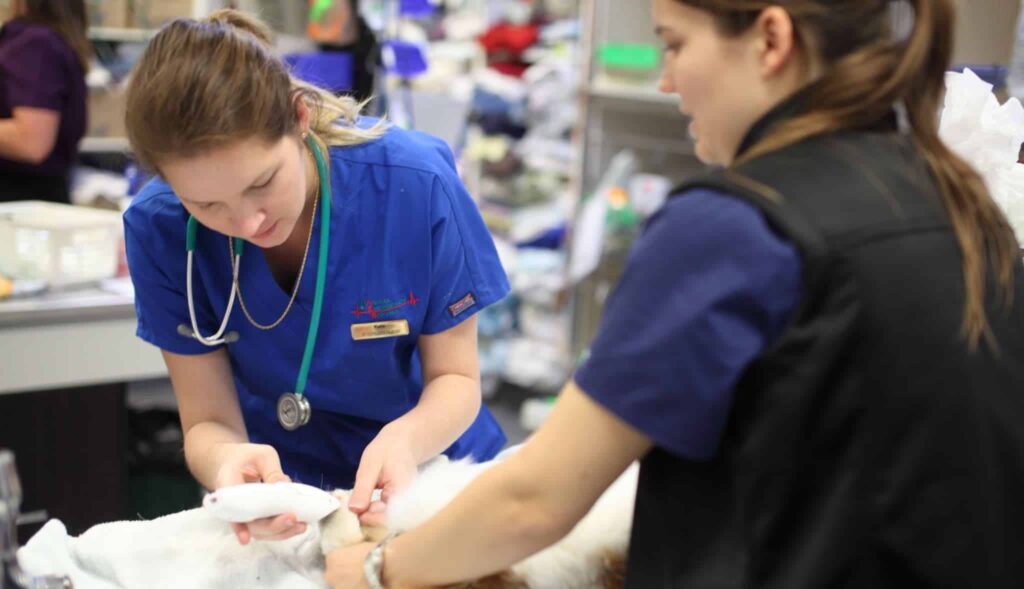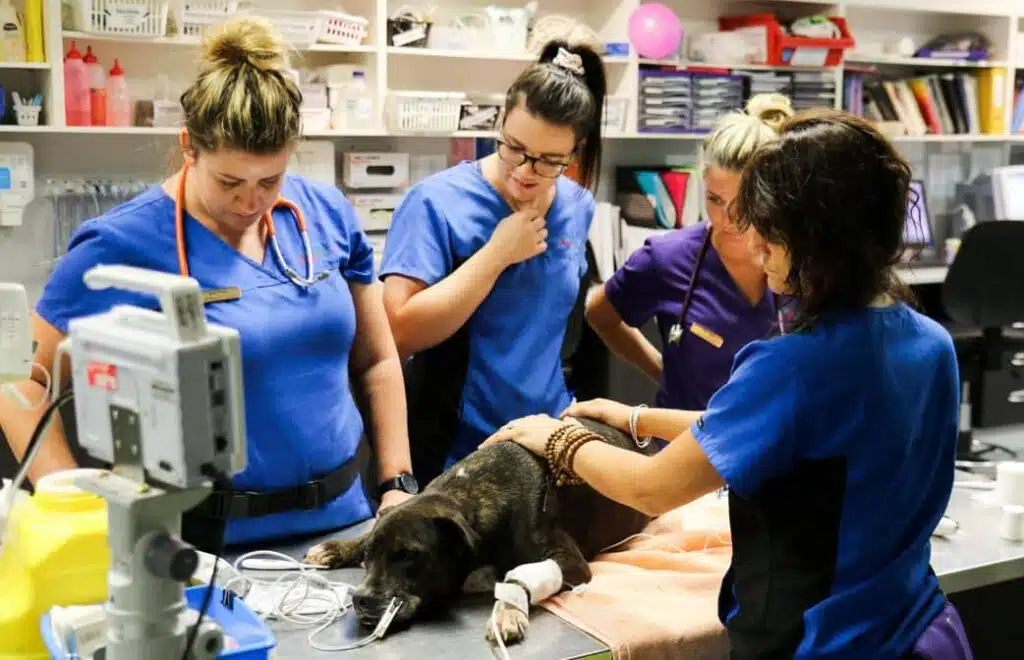Now that we’ve discussed the Red Lights to avoid in veterinary grad programs, it’s important to know exactly what type of graduate program you should be aiming for instead. You’re looking for a program that will give you the support you need, valuable mentorship to act as a foundation for your career, and a structured plan of learning to rapidly advance your skills.
Let’s now have a look into the 7 Green Lights to look for when applying for graduate programs, and some useful tips on how to get a better feel about your potential grad opportunities. Read the article to find out!
Green Light #1 – Hands-On Experience
A good grad program will be able to provide you with meaningful experiences and hands-on opportunities that cannot be gained from just learning theory. One of the easiest ways to see if an graduate program will provide these opportunities is to firstly really take the time to look through the job description and make sure it matches what you are wanting. In particular, read about the program structure. Then during the interview take the time to ask questions to get more details and clarification. Have questions prepared beforehand and jot down any that come to mind during the interview so you don’t forget them.
If the goal of the program is to train you to be a future team member with primary case management, then they’re likely to have you involved in those cases, shoulder to shoulder in the action, and then further back that up with background theory and case discussions. Scheduled debriefing sessions – like morbidity and mortality rounds – can be very valuable for you to get context of what was done well, and how to keep improving.
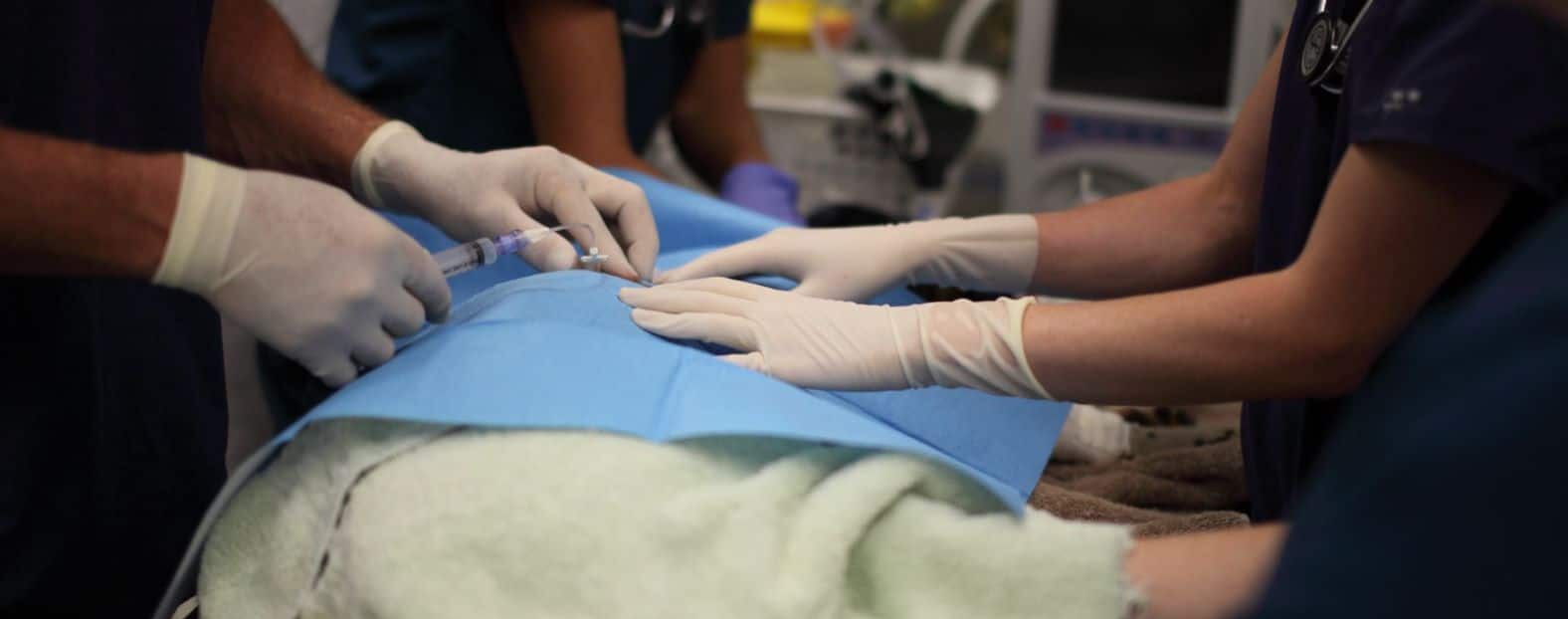
Green Light #2 – You Are Respected and Appreciated
This goes without saying, even though being an intern means that you are the least experienced, it doesn’t mean that you shouldn’t be treated with equal respect and your efforts appreciated. Though this may be hard to tell from a job description.
The best way to get a feel for this is to watch how the team members talk to and appreciate each other. When people talk about culture, THAT is what is meant by culture. It’s not the perks or the pay, it’s how people in the organization treat each other and how they are valued by the organisation.
Make sure to talk with current and past interns about their experiences. Although this should be taken with a grain of salt, as everyone has different experiences and perspectives, and things may have changed or improved. This can be a quick way to see how other people reflect on their experience at a particular organisation.
Green Light #3 – The Program Structure is Clearly Outlined
Our previous article highlighted some of the issues related to not having a clearly defined graduate program structure. Ensuring a clearly defined and structured grad program will be immediately setting you up for success. This includes planned milestones and check-ins which also follow set guidelines, coupled with educational resources that cover both clinical and non-clinical professional development.
The benefits of having a structured program is that both you and your direct mentor know exactly what is happening, what is coming up, and what is required at set time frames. The expectations are clear on both sides. This should include formal check-ins with your mentor to talk through your clinical and non-clinical progression. It might include areas that you are struggling with, as well as things that you have done as part of completing training modules.
You should be steadily working through a skills matrix so it’s visible what you have learned and where your skills gaps are. Busy veterinary settings can be overwhelming, so it is critical to have the core structure in place to make sure that all is covered and checked off and that nothing is missed. This means that when the time comes, you have everything you need to start taking care of cases as the primary clinician.
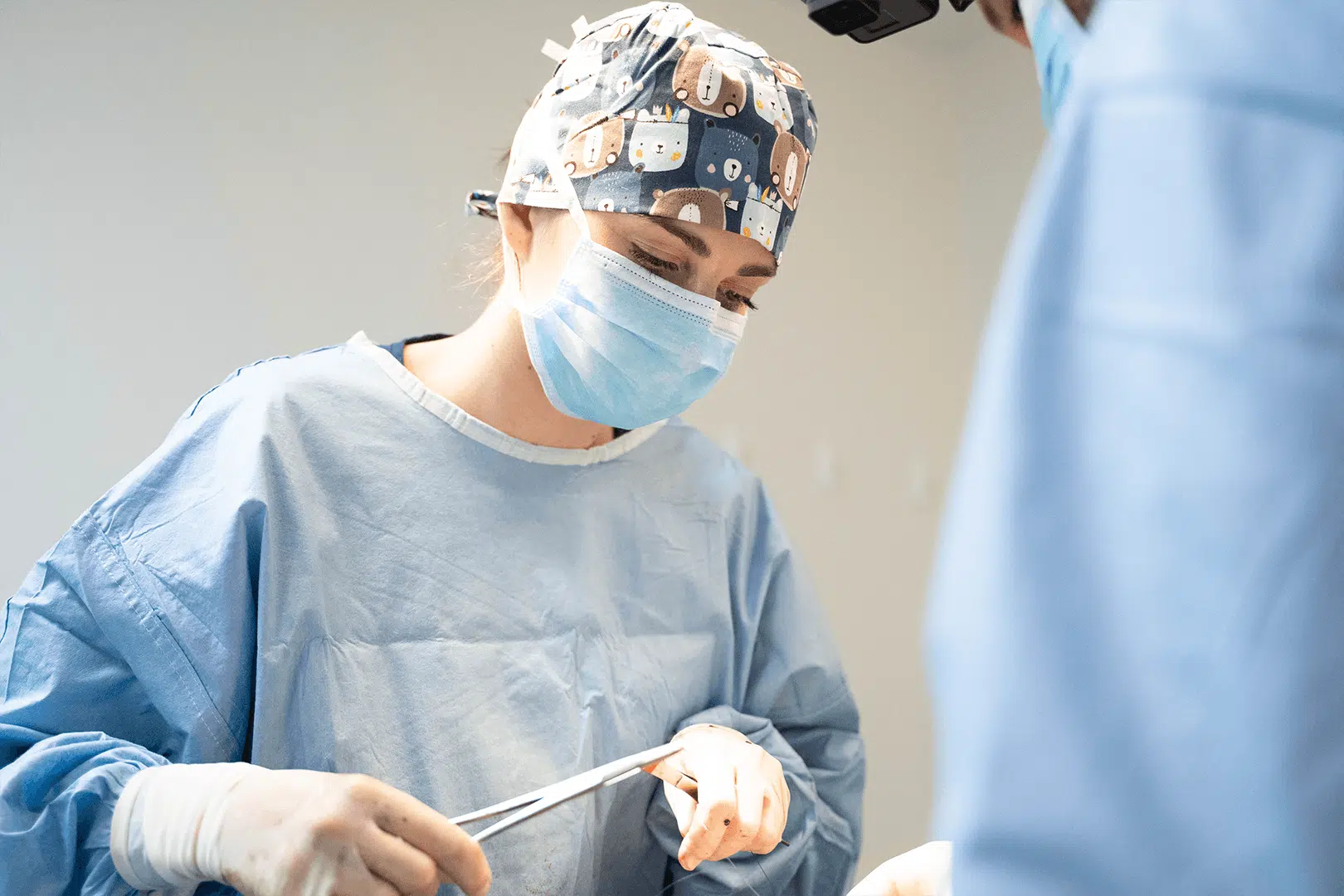
Green Light #4 – Training Covers All Areas
When it comes to training, many grad programs focus primarily on clinical development, which is important for all of us. But what we found was that our interns also needed more than just clinical training. They needed access to resources that helped them firstly understand how the hospital flow works and why, secondly professional development training that helps them perform at their best and work together with a large team, and thirdly personal development training to be able to perform at their best!
This additional training includes how to manage sleep, nutrition, spiritual wellbeing, physical health, relationships in and out of the hospital, and fine tuning productivity and performance. Without this as part of a grad program, you’re only receiving about a quarter of what you REALLY needed to succeed. Being clinically proficient is great, but it is only one part of what is required to have a sustainable and successful career as a veterinarian.
Green Light #5 – Safe Fails
In our article on Mentorship Through Graduate Programs, we discussed the importance of safe fails. These are situations where your mentor or supervisor puts you in a situation that will stretch you, push you out of your comfort zone. This will test your skills and knowledge, and through the experience, regardless of whether you succeed or fail, you will learn more rapidly. A great graduate programs will see when there is an opportunity for a “safe fail”, and push you out of your comfort zone, while still keeping things safe if they don’t go to plan.
It’s simply up to you to step up and give it a go. You’re not left on your own completely, but if something goes wrong you will also learn and they will be there to help you work through a situation. The combination of information, your knowledge and skills plus the autonomy to try on your own, but with the security of having someone there to back you up, is where you will learn the fastest.
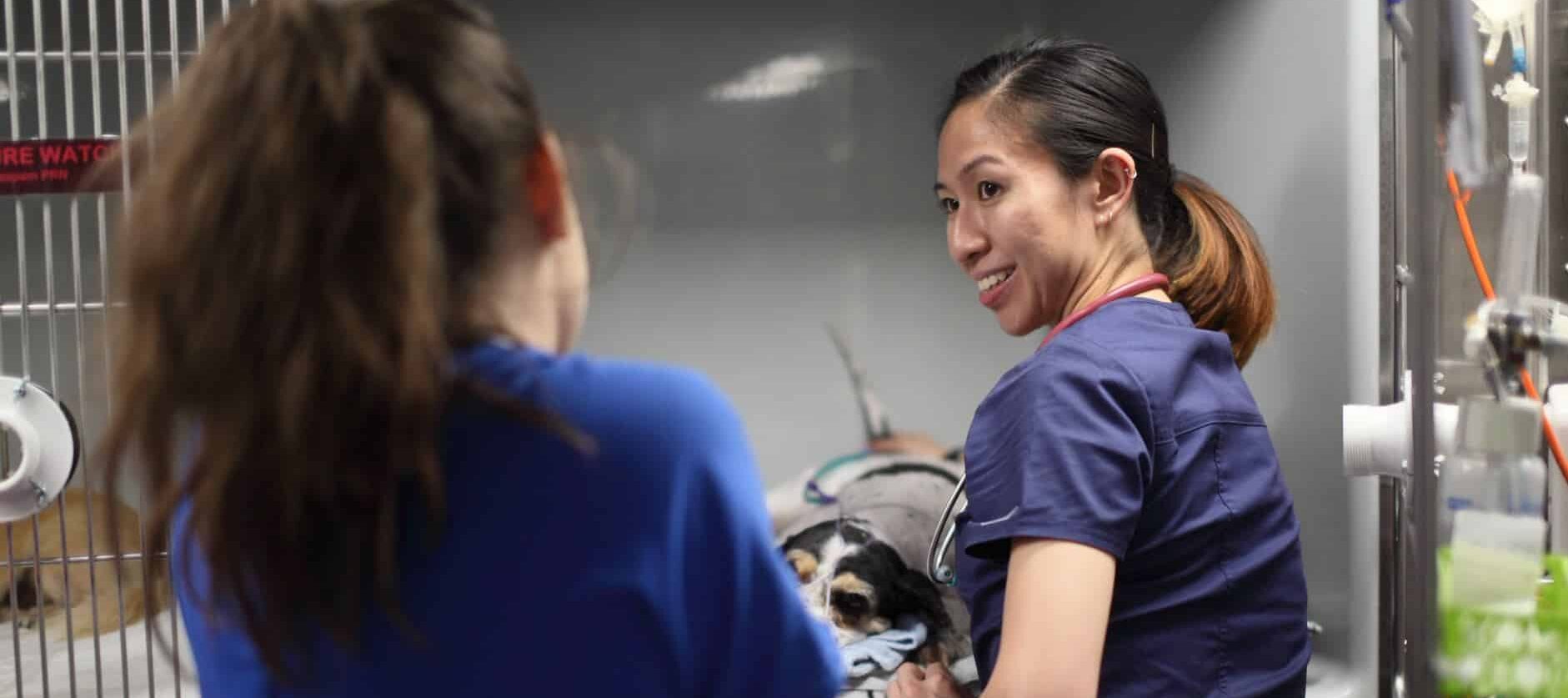
Green Light #6 – Feedback Goes Both Ways
Feedback is one of the most valuable things that you can get as an intern. Feedback is best when it is given in a timely manner and with specific context. This should be followed with a discussion to work through the feedback and the opportunity for you to explain your thoughts, decisions or actions.
Feedback is a gift, however a good mentor understands that it is a gift both ways so not only should you be open and seeking feedback, your mentor should be doing the same from you as to how you feel they are performing as a mentor. A great grad program will provide a culture of valuing feedback as a critical part of growth for everyone on the team, not just the interns.
Green Light #7 – Focus on Wellbeing
Working in a graduate program can be challenging, and isn’t for everyone. Once you start your grad program, you may focus all your time and effort on learning as fast as you can. You’ll be incredibly focused on work and productivity, as this will help you feel comfortable and confident as soon as possible. However, this can mean that you begin to let go of the other major areas of your life.
There are six major areas we refer to as the six pillars of high performance:
- Productivity
- Sleep
- Nutrition
- Physical health
- Spiritual wellbeing
- Relationships
Reflect on the times in your life when you have been busy: studying, learning, starting a new job. You focus on being productive, but this means you’re not investing time in your wellness. That impacts your relationships, you stop exercising regularly, you stop reading enjoyable books, going for walks or meditating, you start to eat more takeaway food – right?
A great graduate program should have a structure, support, resources and guidelines in place to make sure that you are covering all the six pillars and also looking after the other parts of your life. Because when you do that, you are setting yourself up for success and a sustainable career as a veterinarian.
Now that you know the benefits of a graduate program and how to look for those important green lights, in our next article let’s take a step back and figure out how to know if a grad program is right for you?

